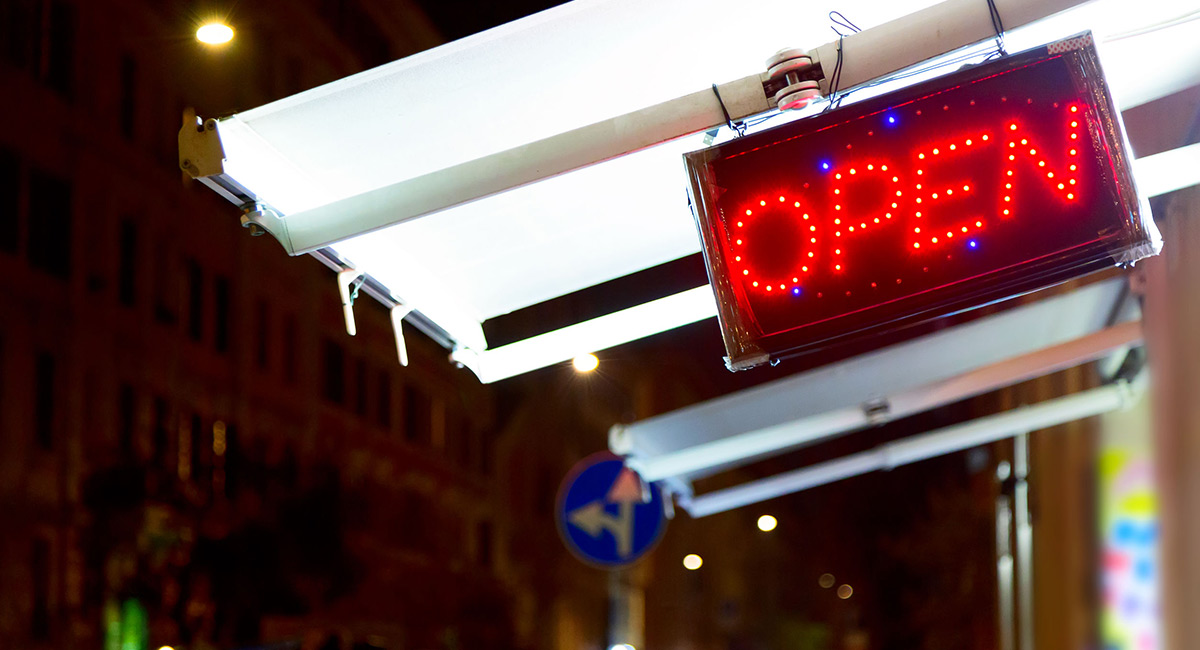Texas Gov. Greg Abbott’s decision to eliminate the state’s mask mandate and capacity restrictions on businesses, effective March 10, was condemned by critics as reckless. But the governor’s rollback better aligns Texas policy with science: economic science that is.
Epidemiologists don’t have a monopoly on advice regarding how to handle the COVID-19 pandemic. In fact, epidemiology has nothing to say about how humans should evaluate the trade-offs between various activities they value and the level of health risk they’re willing to accept to engage in those activities. Economic science is the discipline that studies these competing values.
Governor Abbott’s decision doesn’t eliminate the need for individuals to balance health risks against the pleasure of dining out, attending a sporting event, or breathing without the annoyance of a mask, it ends the state’s monopoly over such choices.
Responding to Abbott’s announcement, President Joe Biden said, “The last thing we need is Neanderthal thinking....It’s critical, critical, critical, critical that they follow the science.” The New York Times wrote that Abbott’s decision represented “a rushed return to normalcy, rather than a careful weighing of costs and benefits.” The reality is that costs and benefits will still be carefully weighed, but by individuals choosing for themselves rather than government forcing its choice on everyone.
According to Abbott, his decision was not meant to invalidate the “safe practices that Texans have mastered over the past year. Instead, it is a reminder that each person has a role to play in their own personal safety and the safety of others... [and] the freedom to determine their own destiny."
Economists have long appreciated that most tradeoffs are best left for individuals to make for themselves. Individuals know their personal preferences better than anyone else and usually bear the burden of bad choices and reap the reward of good choices. The presence of COVID-19 doesn’t alter this basic insight.
The economic case for government mask mandates and business-occupancy limitations hinges on virus transmission “externalities,” or spillover effects. Such externalities occur when people weigh their own health risks against the benefits of engaging in desirable, even risky, activities without accounting for how their actions might affect others—in this case, infecting them with COVID-19.
Writing in the Southern Economic Journal, economists Peter Leeson and Louis Rouanet of George Mason University found that the size of the COVID-19 transmission externality is much smaller than most people realize, largely due to the vigilance of business owners, who understand that increased transmission to customers and employees will cause further damage to their firms.
Like most others, over the past year I’ve been in businesses that made me feel safe and satisfied, others in which I felt unsafe, and some in which I felt safe, but was annoyed with the hassle they made me endure to make others feel safe. Everyone differs in their preferences across these margins and it effects where they choose to dine, shop, and even work. That means many businesses’ revenues are directly tied to how well they negotiate these tradeoffs for their customers.
Not surprisingly, numerous Texas businesses already have indicated that they don’t intend to abandon their mask requirements or return to full capacity. Immediate examples include Target, which announced that masks will still be required in its Texas stores, and the NBA’s Dallas Mavericks, whose owner, Mark Cuban, said he has no plans to increase the 3,000-person capacity limit on attendance. As Bob Sambol, owner of Bob’s Steak & Chop House in Dallas, said, “I have a week, thank God” to decide. Trade-offs are never easy.
While businesses generally have been efficiently limiting the COVID-19 transmission spillover taking place on their premises, regulation of cross-site transmission remains the realm of governments. Unfortunately, as Peter Boettke (another George Mason University economist) and I recently argued in a symposium on the Political Economy of COVID-19, the type of command-and-control regulations most states have placed on businesses are an overly costly way to lessen spillover transmissions, since they indiscriminately curtail both highly valued activities and those of lesser value.
A better option is to follow Texas’s lead and let economic science, not politicians, guide us through the remainder of the pandemic.












